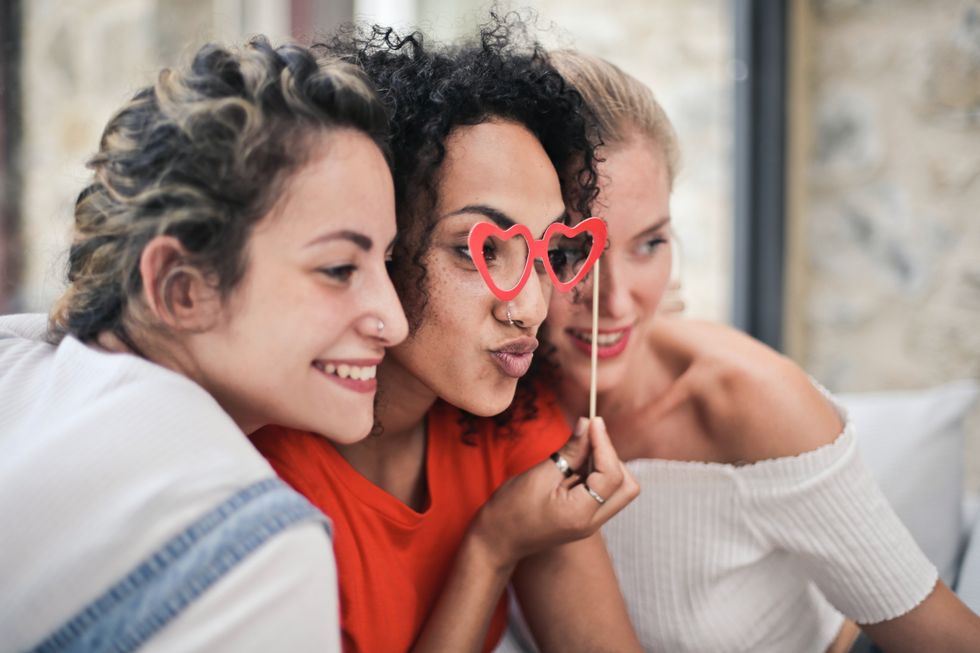Feminism.
A movement of igniting and uplifting women and bridging the gap inequality with other sexes. It is defined as a range of social movements, political movements, and ideologies that aim to define, establish, and achieve the political, economic, personal, and social equality of the sexes. However, that doesn't necessarily ensure equality among feminism. Confused about that?
Let me introduce you to intersectional feminism.
Intersectional feminism is a movement recognizing that barriers to gender equality vary according to other aspects of a woman's identity, including age, race, ethnicity, class, and religion, and striving to address a diverse spectrum of women's issues.
So? What's the big deal about it?
The whole purpose of intersectional feminism is to listen to different kinds of feminists – not just ones like yourself. Making your feminism intersectional makes perfect sense to us – your life experiences are based on how your multiple identities intermingle. And we can see compounding forms of discrimination experienced by the women we work with. There are many examples, but here are just a few:
- Bisexual women are far more likely to experience sexual violence than other women.
- Women (and men) of color are more likely to experience these forms of violence than White women or men and that wealth privilege can help to insulate some women from some forms of violence.
- Research IWDA has contributed to in Cambodia shows that women with disabilities are more likely to face violence from immediate family members, and more likely to experience controlling behavior from partners.
- LGBT women in Fiji found it more difficult to access disaster relief in the wake of Cyclone Winston.
- In Timor-Leste, class and socioeconomic discrimination intersect with sexism, making it hard for poor women to get elected because of the high cost of campaigning in the newly democratized nation.
- Of those murdered in LGBTQ-based hate incidents, 78% were people of color, and Transgender people are 27% more likely to experience hate violence than cisgender people.
In short, all women are at risk for gendered violence in the United States, but some women are far more at risk.
At a more personal level, though, feminism without intersectionality keeps us from fully expressing who we are! A lack of intersectionality leads to an erasure of people and their identities.
Women are diverse. Although we share the sometimes-terrifying experience of being women in an unfriendly world, we also represent backgrounds that further complicate our womanhood. On top of gender are layered such as race, sexuality, class, nationality, and mental and physical ability. We are women. A sisterhood. And we must all be accepting and advocate equally on behalf of our diverse sisterhood. This is why I believe intersectional feminism is crucial in today's world.





 mr and mrs potato head
StableDiffusion
mr and mrs potato head
StableDiffusion










